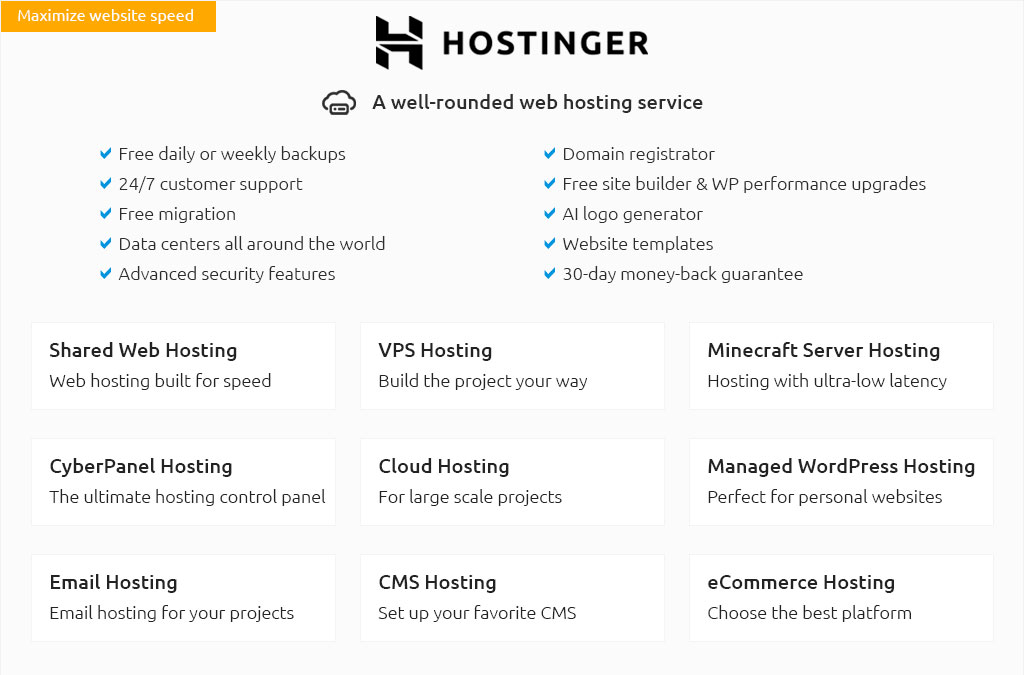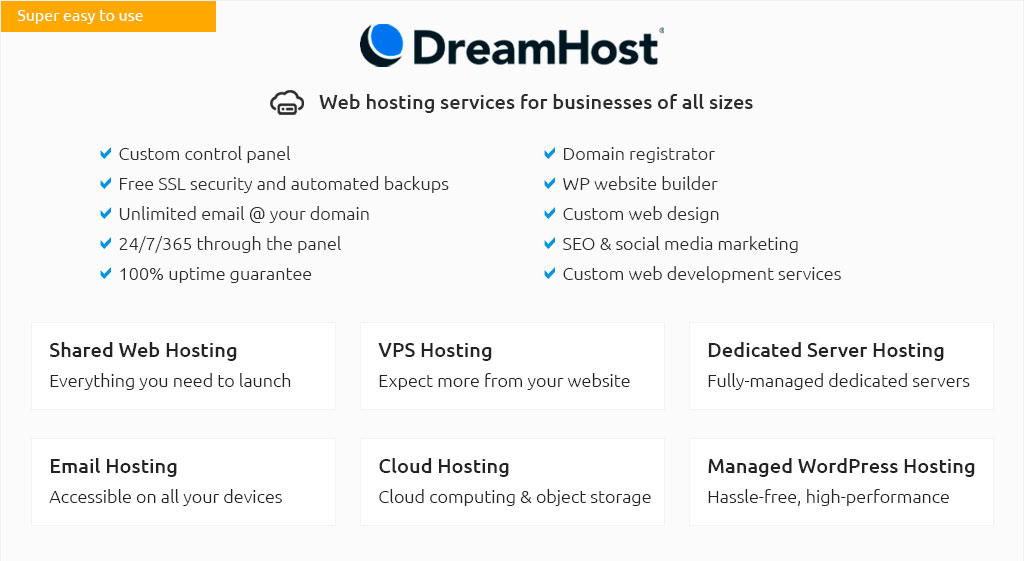 |
|||
 |
 |
 |
|
 |
|
 |
 |
 |
|||
 |
|||
 |
|||
 |
|||
 |
|||
 |
|||
 |
 |
Blog Web Hosting: Essential Considerations for SuccessUnderstanding Blog Web HostingBlog web hosting is a crucial aspect of managing a successful blog. It involves choosing a server to store your blog's data and make it accessible online. The right hosting can significantly affect your blog's performance, speed, and reliability. Types of Hosting ServicesThere are several types of hosting services available, each with its unique advantages:
Factors to Consider When Choosing a Blog HostPerformance and UptimeReliable performance and uptime are critical to ensure your blog is accessible to readers at all times. Look for hosts that guarantee at least 99.9% uptime. Customer SupportQuality customer support can make or break your experience with a hosting provider. Opt for services with 24/7 support through various channels. For an in-depth comparison of available options, visit website hosting services. Cost vs. FeaturesWhile affordability is essential, ensure the hosting plan provides sufficient resources and features. It's crucial to strike a balance between cost and the features you need. ScalabilityYour blog's needs may grow over time, so choose a host that offers scalable plans. This ensures you can upgrade resources easily as traffic increases. For those on a tighter budget, explore cheap java hosting options that don't compromise on essential features. FAQsWhat is the difference between shared and dedicated hosting?Shared hosting involves multiple websites sharing the same server resources, making it affordable but potentially slower. Dedicated hosting means you have an entire server to yourself, offering better performance at a higher cost. Why is uptime important for my blog?Uptime is crucial because it indicates the reliability of your blog. High uptime means your blog is accessible to readers most of the time, which is essential for maintaining your audience and SEO rankings. How do I choose the best hosting plan for my blog?Consider your blog's current and future needs, including traffic, storage, and features. Evaluate different hosting types, check reviews, and prioritize hosts with excellent customer support and scalability options. https://www.hostingadvice.com/how-to/cheap-blog-hosting-platforms/
Wix is known as a web-leading site builder service that's one of the most affordable because getting started is absolutely free and about as ... https://www.ryrob.com/best-web-hosting-plans/
GreenGeeks is a very affordable option for bloggers looking to get their sites off the ground with affordable plans. Like most hosting companies ... https://www.knownhost.com/blog-hosting
Open source blog software with the intention of offering simple website hosting with plenty of features, such as: ability host many websites, numerous definable ...
|